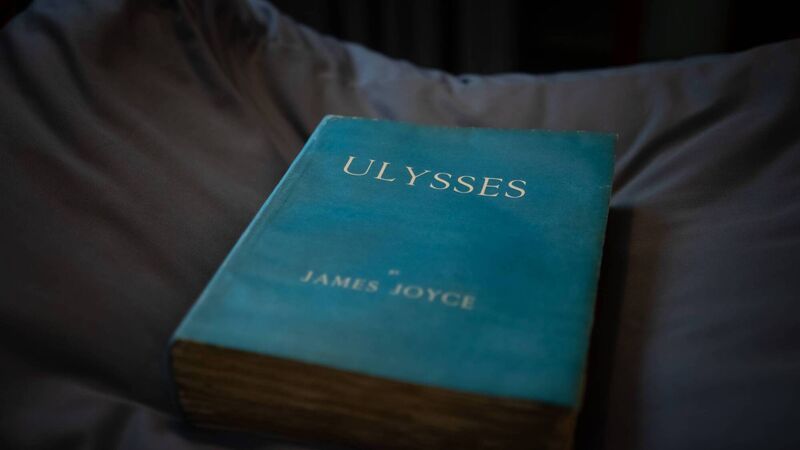Irish Examiner view: A Century of living in the Chaosmos

'Ulysses', by author James Joyce, turns 100 today and has a familiarity that many in modern Ireland will still recognise.
Try from €1.50 / week
SUBSCRIBEPrecisely 100 years ago today James Joyce’s masterpiece Ulysses was published for the first time, changing literature forever. Joyce was 40 on the same day and had escaped Dublin to Europe, where he lived in Zurich, the hugely fashionable city of Trieste, and then Paris, where he completed the 730-page hardback.
Joyce’s magnum opus, a highly innovative reworking of the Homeric epic The Odyssey, is without peer in the English language and he can be said, with the playwright Samuel Beckett, another Dubliner who moved to Paris to make his cultural mark, to have altered the way in which people think about the way they think, and established new forms of communication which have maintained to this day.
Already a subscriber? Sign in
You have reached your article limit.
Annual €130 €80
Best value
Monthly €12€6 / month
Introductory offers for new customers. Annual billed once for first year. Renews at €130. Monthly initial discount (first 3 months) billed monthly, then €12 a month. Ts&Cs apply.
CONNECT WITH US TODAY
Be the first to know the latest news and updates
Newsletter
Sign up to the best reads of the week from irishexaminer.com selected just for you.
Newsletter
Keep up with stories of the day with our lunchtime news wrap and important breaking news alerts.
Newsletter
Sign up to the best reads of the week from irishexaminer.com selected just for you.
Monday, February 9, 2026 - 6:00 AM
Monday, February 9, 2026 - 8:00 AM
Monday, February 9, 2026 - 9:00 AM
© Examiner Echo Group Limited